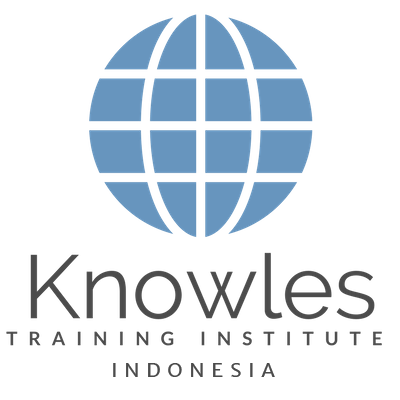Skip to content
Active RecallIntern1bksiuevej76kHhK2023-07-18T09:45:25+08:00
Active Recall
The Science Behind Active Recall: Your Learning Potential Unlocked
- Retrieval Strength and Fluency: Active recall improves retrieval strength and fluency. By repeatedly retrieving information from memory, learners enhance the ease and speed of accessing that information, leading to more efficient learning and improved performance.
- Contextual Connections: Active recall helps establish contextual connections. By actively retrieving information in a meaningful context, such as relating it to personal experiences or linking it to existing knowledge, learners create rich associations that enhance memory retrieval.
- Metacognitive Regulation: Active recall enhances metacognitive regulation. By consciously monitoring their own learning process, learners can regulate their studying strategies, allocate more time to challenging concepts, and develop a deeper understanding of their own cognitive abilities.
- Transfer of Learning: Active recall facilitates the transfer of learning to real-world situations. By actively retrieving information and applying it in different contexts, learners develop a flexible knowledge base that can be applied to solve problems and make connections beyond the initial learning context.
- Spacing Effect: Active recall leverages the spacing effect. By spacing out retrieval practice over time, learners optimize memory consolidation and retention, as well as prevent the decay of learned information.
- Enhanced Encoding: Active recall promotes enhanced encoding of information. By actively engaging with the material during retrieval practice, learners create stronger memory traces and elaborate on the content, leading to better encoding and storage in memory.
- Metacognitive Awareness of Learning Strategies: Active recall fosters metacognitive awareness of effective learning strategies. By reflecting on their recall performance and experimenting with different techniques, learners develop a repertoire of strategies that maximize their learning outcomes.
- Interrogative Self-Explanation: Active recall incorporates interrogative self-explanation. By generating questions and explanations during retrieval practice, learners reinforce their understanding of the material and identify knowledge gaps that need further attention.
- Concept Mapping: Active recall can be combined with concept mapping. By visually organizing and interlinking concepts during retrieval practice, learners create a visual representation of their knowledge, aiding in comprehension, retrieval, and knowledge integration.
- Emotional Engagement: Active recall enhances emotional engagement with the material. By actively recalling information, learners form personal connections, associations, and emotions related to the content, which can improve memory consolidation and retrieval.
Page load link


